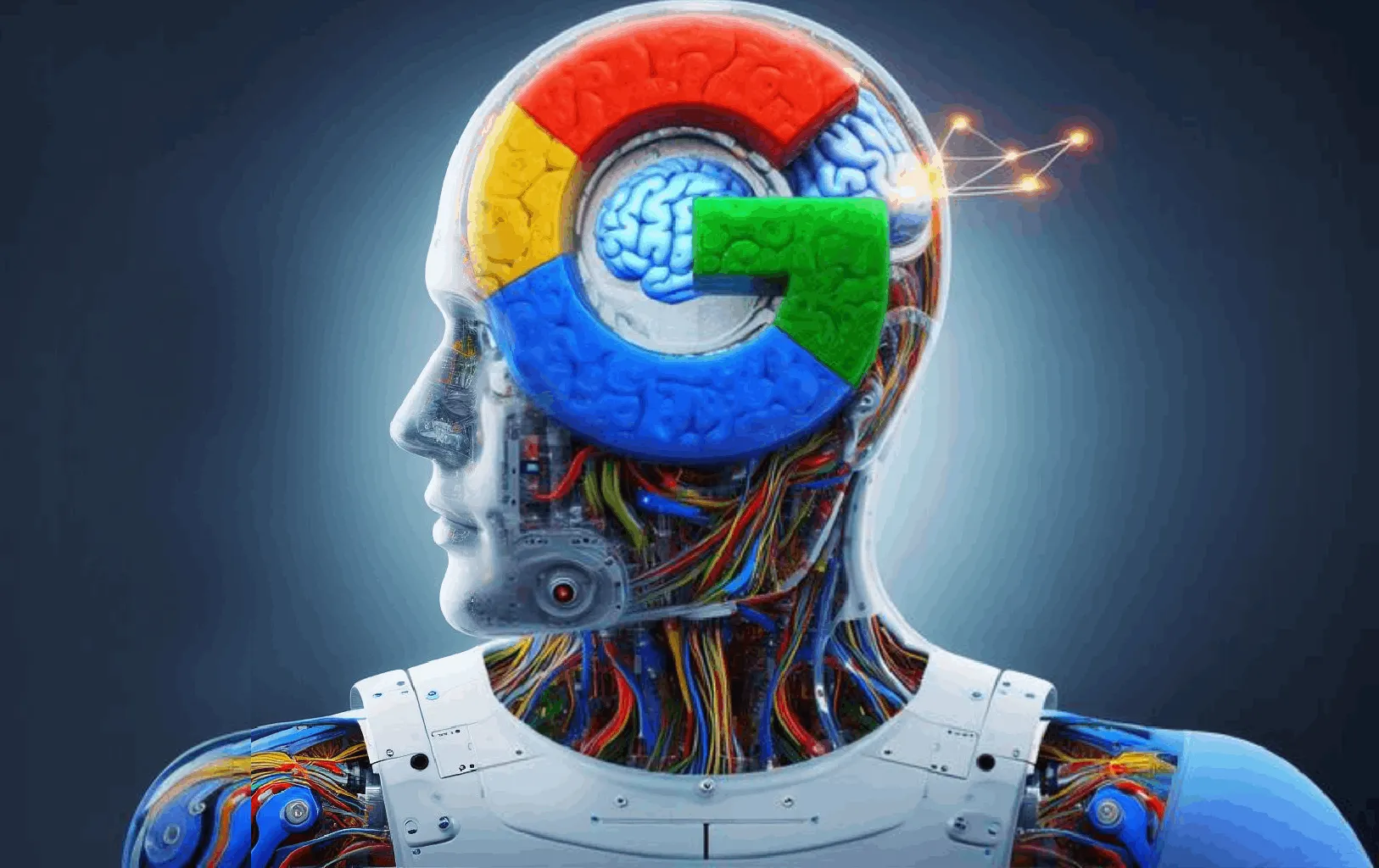Artificial intelligence fueled Google's latest product extravaganza, with AI the highlight of new Pixel smartphones and an updated digital assistant.
At its Made by Google event this week, Google unveiled the new Pixel 8 and 8 Pro smartphones powered by the company's new Tensor G3 chips that leverage AI to boost performance. But the real showstopper was the announcement of Assistant with Bard, the tech giant's new AI-enhanced digital assistant.
"It combines Bard’s generative and reasoning capabilities with Assistant’s personalized help," Sissie Hsiao, Vice President at Google and General Manager for Google Assistant and BardGoogle said in an official announcement. "Bard aims to bring slick AI capabilities to your personal conversations, like a next-gen ChatGPT."
"You can interact with it through text, voice or images — and it can even help take actions for you," she added.
Google plans to begin rolling this dual dynamo into Android and iOS devices over the next few months, letting users benefit from its multimodal capabilities. Google bills it as "a more personalized helper," able to lend a hand with Gmail and Google Docs.
The major AI push comes amid increased antitrust scrutiny for Google surrounding its search and digital advertising dominance. As Microsoft CEO Satya Nadella recently testified, "Everybody talks about the open web, but there is really the Google web."
Nadella suggested that Google's growing integration of AI could further concentrate its power, making competition in search "even harder in the AI age."
Although Google is moving fast, it's essentially keeping up with the competition. Microsoft has just integrated GPT-4 into Windows and Bing, and OpenAI has just released the most advanced AI-image generator to date and is giving ChatGPT multimodal capabilities.
"Better than real life"
Google's new Pixel phones also get exclusive AI camera tricks like Best Take, which uses algorithms to combine the best elements from multiple photos—for example, wide-open eyes and broad smiles across several people in a group shot—into one optimized composite image.
"It's like this enhanced reality that's better than real life," said Youtuber Dave2D, sharing his early thoughts. "We're creeping towards this AI-generated stuff that's like very impressive technically, but makes you go 'Hm, should we really be doing this?"
Other AI-powered features include the ability to reduce noise in videos, an image optimizer that reduces blur and imperfections, and a segmentation model that lets users delete elements from a photo and edit it in ways that only a pro image editor could before.
With the Pixel stable priced at $700 for the base model and $1,000 for the pro version, Google needs to deliver serious AI firepower. Google also promises seven years of software updates, which could ignite a race among rival mobile makers to stretch their update timelines.
For now, the jury's out on whether Google's aggressive AI pivot will be enough to maintain its edge. But make no mistake, the tech world is hurtling towards an AI-powered future faster than you can say, "Hey Google."

